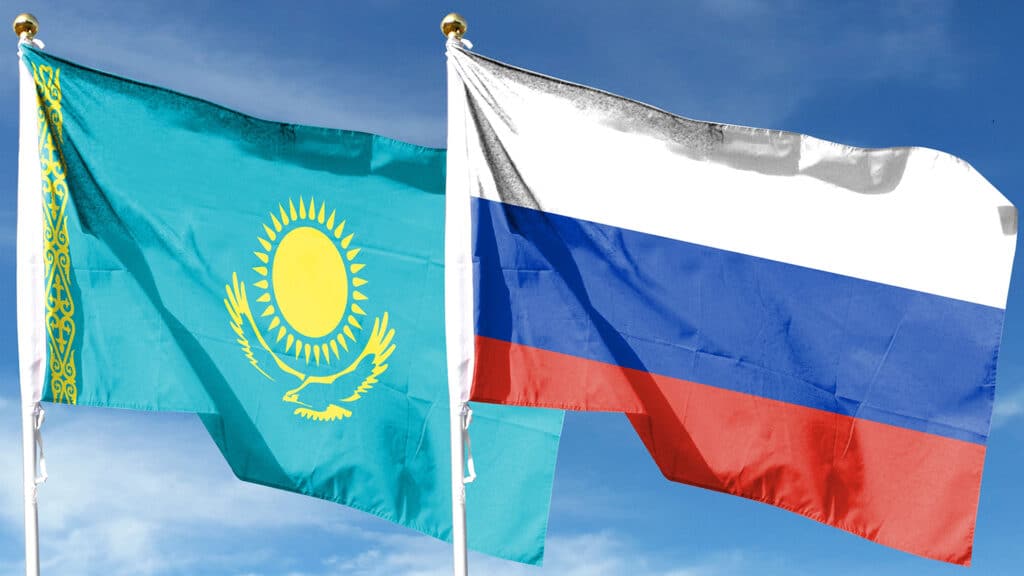Russia emerges as the biggest investor in Kazakhstan: Analysts warn about the risks

In 2024, Russia became the biggest investor in Kazakhstan. According to analysts from the Association of Financiers of Kazakhstan (AFK), this situation has both advantages and disadvantages for the country. On the one hand, Russian investments are more stable than European ones. On the other hand, they could pose certain risks.
In 2024, the gross inflow of foreign direct investment (FDI) from Russia to Kazakhstan stood at $4 billion, which is $1 billion more than in 2023. Thanks to this increase, Russia has become the leader in investments in Kazakhstan, surpassing the Netherlands, which had headed the list of the largest investors for many years ($3.8 billion in 2024). All in all, Russian investments account for 23.6% of all inflow of FDI in Kazakhstan ($17.1 billion).
«Because of Western sanctions on Russia, local investors are more eager to redirect their capital to neighboring countries and more favorable markets where they can implement their projects,» the AFK’s analytical center told Kursiv.media, commenting on the issue.
The inflow of Russian investment wasn’t the same over the course of recent years. In 2022, for example, this rate dropped to $1.5 billion and then rose to $3 billion in 2023. Last year, the investments amounted to the highest rate since 2005, when the National Bank began monitoring these changes.
Given that both Kazakhstan and Russia are members of the Eurasian Economic Union (EEU), Russia can enjoy advantages such as simplified customs procedures and favorable conditions for cross-border investments. As a result, this facilitated active growth of the inflow of Russian capital in Kazakhstan, the AFK said.
«Increase in Russian investments in Kazakhstan’s energy, infrastructure and industry creates new jobs and promotes economic growth,» analysts underlined.
They believe that amid global uncertainty and sanction pressure on Russia, Russian capital can be more resilient compared to Western sources of funding, which is good for the macroeconomic stability of Kazakhstan.
However, soaring Russian investment in Kazakhstan’s economy can pose some serious risks, experts say. First of all, increasing sanction pressure could undermine the long-term sustainability of these investments. Secondly, being dependent on one source, Kazakhstan’s economy may find itself less diversified.
«This could pose specific long-term risks, hindering the creation of well-balanced economic ties with other countries,» experts from the AFK’s analytical center warned.
In 2024, the gross inflow of FDI in Kazakhstan fell by 28%, from $23.9 billion to $17.1 billion. Meanwhile, the net inflow of FDI became negative at -$2.55 billion for the first time since records began in 2005.

